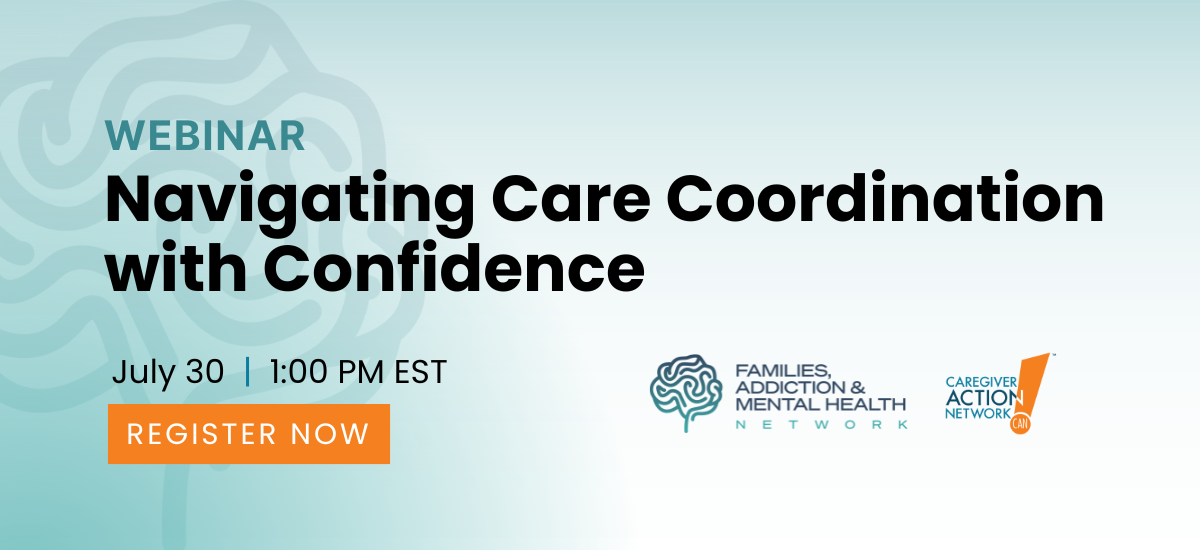World Rare Disease Day | Supporting Rare Disease Caregivers
World Rare Disease Day | Supporting Rare Disease Caregivers

World Rare Disease Day: A Global Movement
World Rare Disease Day occurs annually on February 28th (or 29th in leap years), marking the rarest day of the year. This global observance brings together caregivers, patients, healthcare providers, and advocates to raise awareness and support for the rare disease community. The day serves as a powerful reminder of the challenges faced by both individuals with rare diseases and their dedicated caregivers.
#RareCaregiverAnd
The Caregiver Action Network (CAN) presents #RareCaregiverAnd, a campaign celebrating the multifaceted lives of these special caregivers. This initiative recognizes that while caregiving is a crucial role, it’s just one part of a caregiver’s identity. Whether you’re a caregiver of someone with a rare disease your passions outside of caregiving also matter.
Beyond Caregiving: Why Identity Matters
Family caregiver support extends beyond practical assistance. Many caregivers of rare disease patients dedicate themselves so completely to caregiving that they risk losing sight of their own identities. This dedication, while admirable, can lead to caregiver burnout and affect mental health for caregivers.
Supporting caregivers of rare disease patients means acknowledging their need for self-care and personal fulfillment. Maintaining interests outside of caregiving isn’t just about enjoyment—it’s essential for caregiver well-being and preventing caregiver burnout.
The #RareCaregiverAnd Movement
Throughout February, rare disease caregivers can participate by:
- Sharing their stories and interests beyond caregiving
- Connecting with peer support for family caregivers
- Accessing caregiver resources for rare diseases
- Engaging with the rare disease awareness community
CAN’s Commitment to Caregiver Support
The Caregiver Action Network provides comprehensive caregiver support for rare diseases through educational resources, advocacy, and community building. Our goal is to ensure every rare disease caregiver has access to the support they need while maintaining their individual identity and interests.




